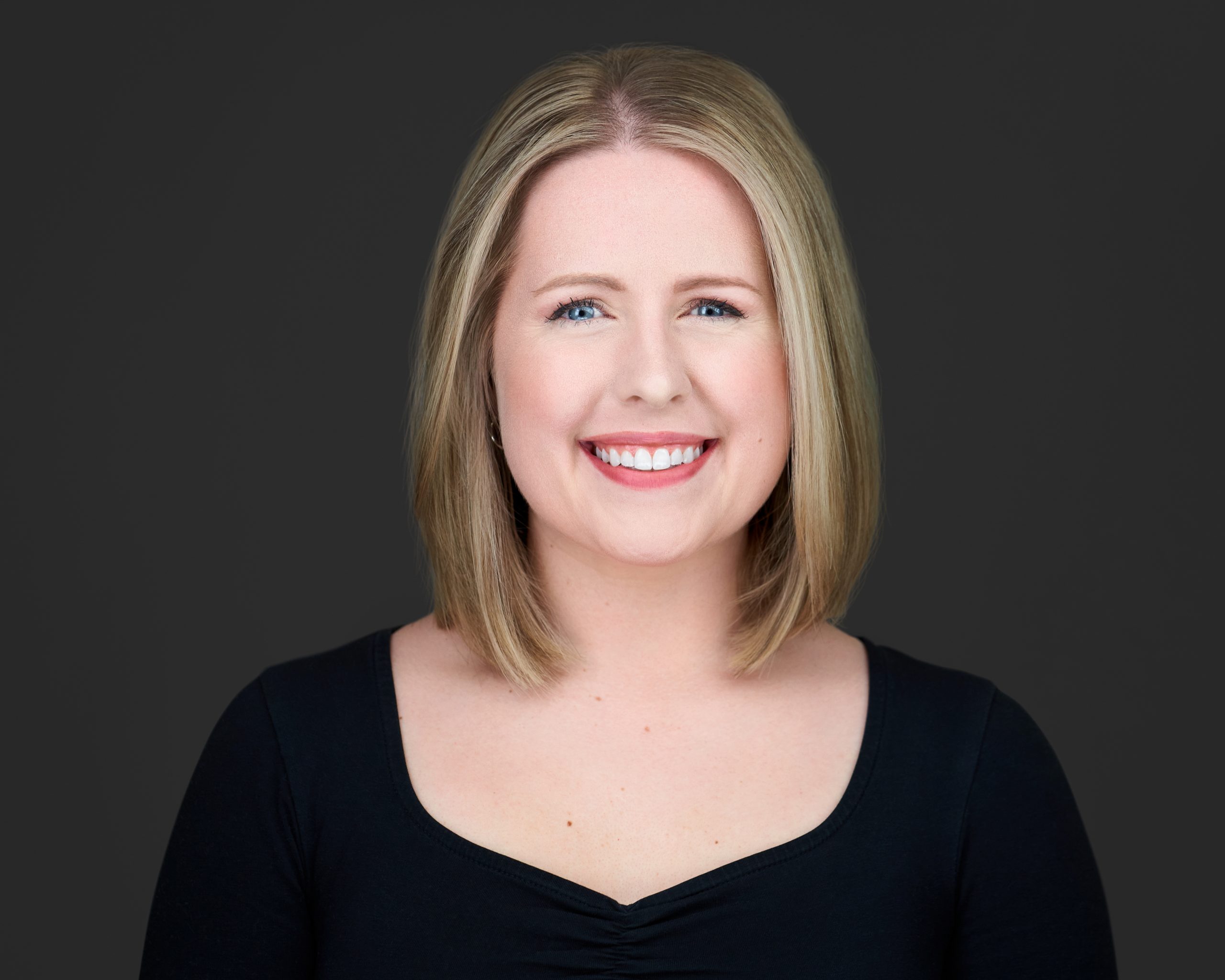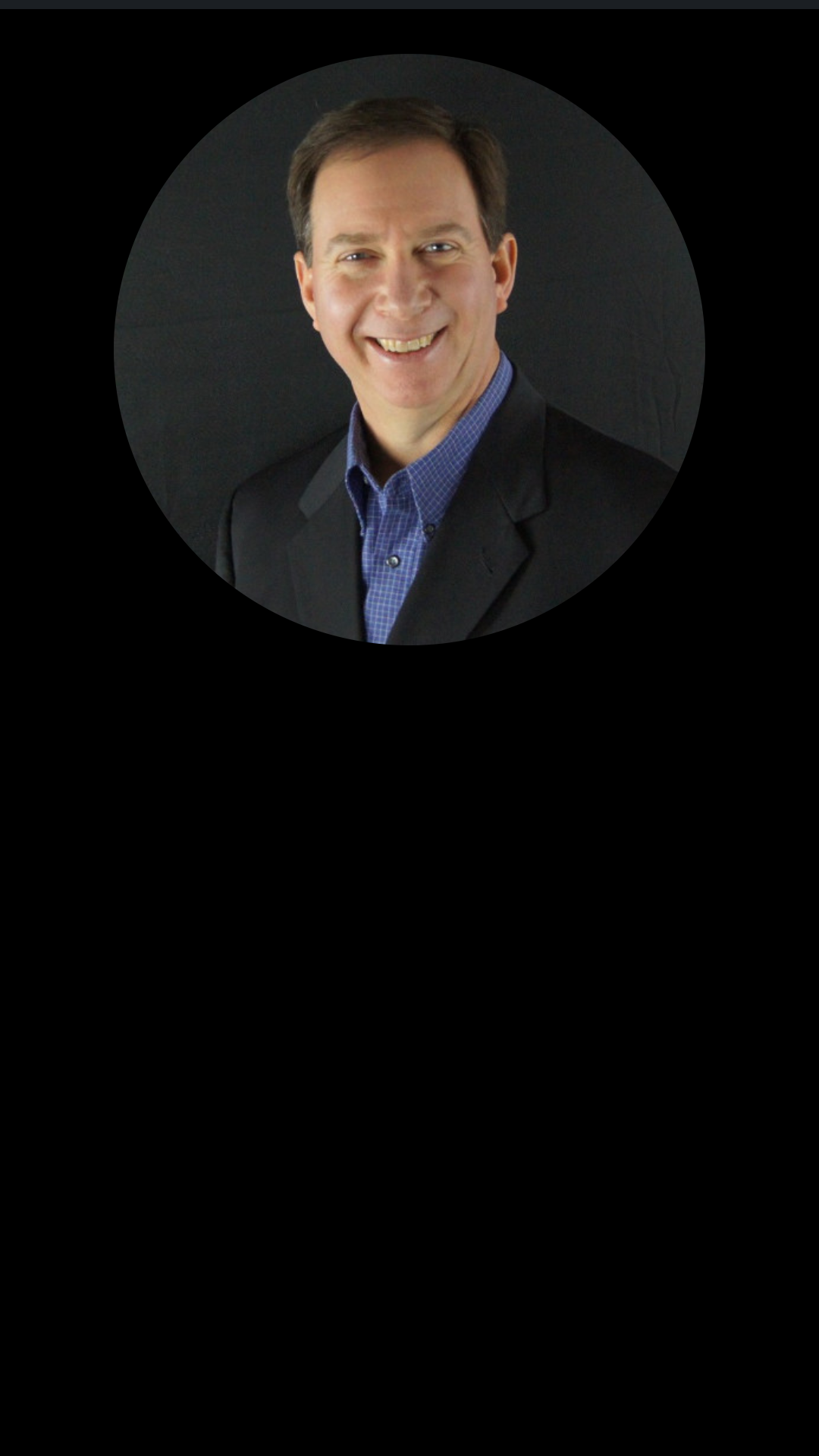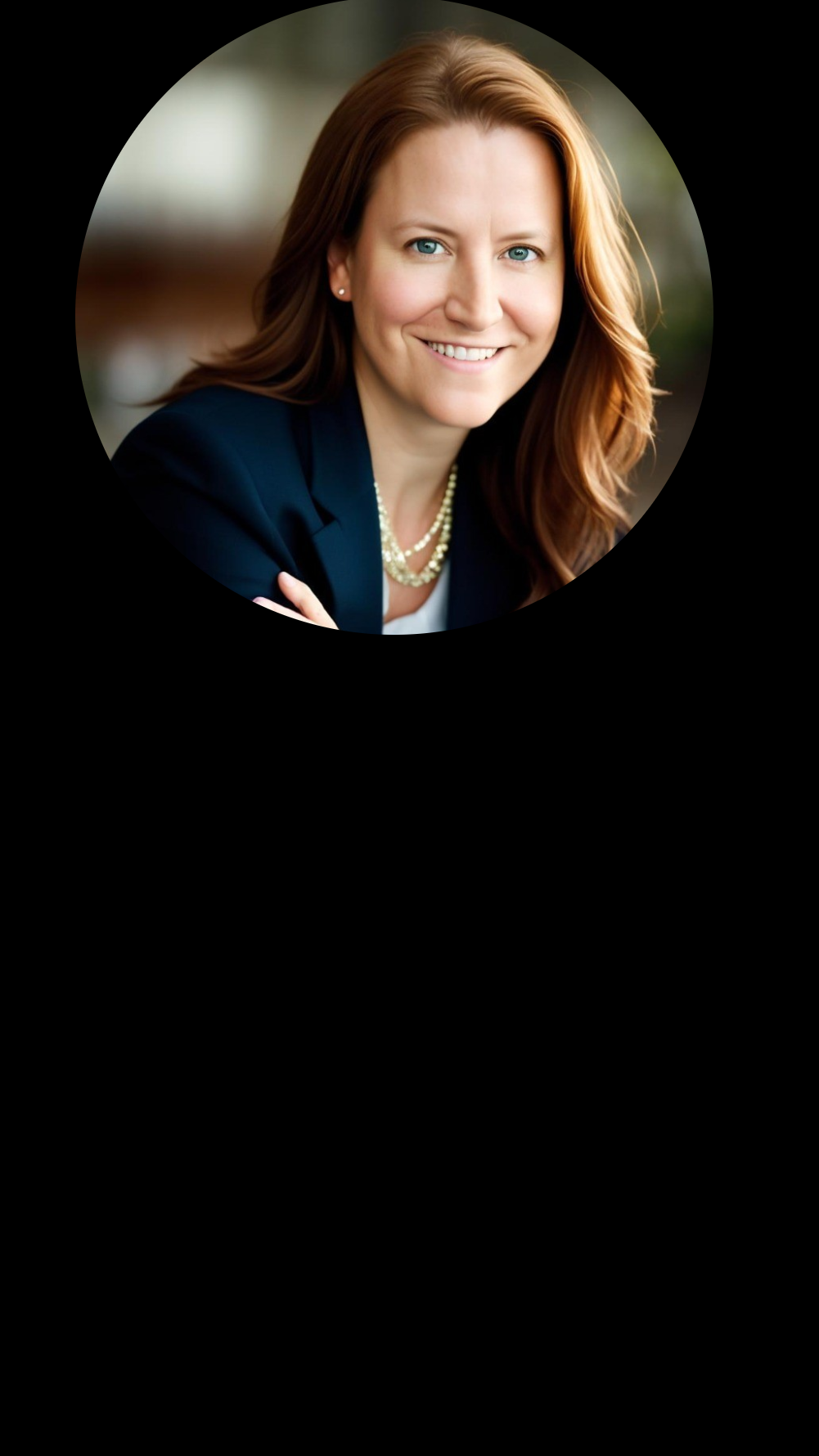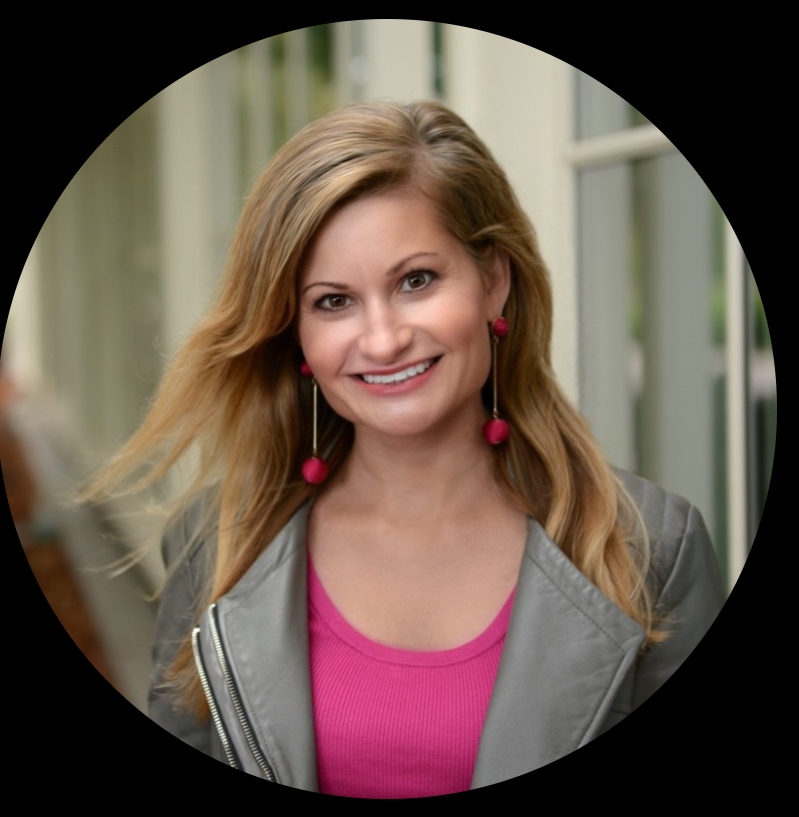Elizabeth Lotardo is a consultant, writer, and online instructor who helps organizations drive emotional engagement. Her new book, Leading Yourself, has been called a refreshingly candid playbook that helps you create a work experience worth loving, right now.
With an undergraduate degree in advertising from Boston University and a Master’s in Industrial and Organizational Psychology, Elizabeth works with senior leaders, frontline managers, and entry-level teammates to create more purpose-driven work experiences. Her clients include Salesforce, DraftKings, Hilton, and numerous Berkshire Hathaway organizations.
She is also a popular LinkedIn Learning instructor who designs workshops on topics like Leading Without Formal Authority, Finding Your Purpose at Work, and Leading Yourself. Elizabeth writes for Harvard Business Review, and her work has been featured in The Wall Street Journal and on NPR.
If your business could have a mascot, what would it be and why?
Sharks. They have a remarkable ability to heal themselves very quickly when they’re injured. They’re one of the most resilient creatures in the sea.
What strategies do you employ to maintain a healthy work-life balance while running your own business?
Running your own business means you can’t always have a guardrail of ‘no emails after 7’ or ‘don’t work on weekends.’ It’s more mental than anything. I am deeply committed to my work and find great meaning in it… but it’s not the most important part of my life. I ground myself in the Mother Theresa quote: “If you want to change the world, go home and love your family.”
When faced with unexpected detours on your business path, how do you pivot with grace and resilience, showing fellow women entrepreneurs the way forward?
I use the ‘This is my chance’ practice. I first learned of this practice from Tessa Romero, a mindset coach who focuses on motherhood. The ‘This is my chance’ practice prompts you to mentally reframe whatever was thrust upon you (a change, an urgent action item, etc.) into an opportunity. So “AI is so scary” becomes “this is my chance to learn new tools” or “I don’t have time to do that” becomes “this is my chance to get better at delegating.”
How do you measure the success of your business beyond financial metrics, such as customer satisfaction or community engagement?
To me, referrals are the most important indicator of success in my business. When someone introduces me to their colleague, contacts me when they’re in a new job, or suggests that their friend reach out to me, that’s the most important metric. Revenue is tied to the economy, customer satisfaction is hard to measure, but when someone gives you a referral, you know the work you did for them was solid, so solid that they put their own reputation on the line.
Can you share a memorable moment where you witnessed significant growth or transformation in your business, illustrating the impact of your services/products?
In 2017, I authored the course Leading Yourself on LinkedIn Learning. It was one of many projects I was working on at the time, but always one I had a particular passion for. The course did well, but in 2020, the popularity skyrocketed.
As people started to work remotely, reevaluate their careers, and step into new roles, the need to Lead Yourself came front and center. To me, it showed that sometimes you can have the right idea, and keep at it, but it takes an external event (in my case, the massive shift to remote work) to make it take off. The success of that course transformed my business, but only because I had planted the seeds three years earlier. Now, I have a book on Leading Yourself, and it’s my most popular workshop topic.
What role do you believe mentorship plays in the success of small businesses, and how have mentors influenced your own entrepreneurial journey?
We often think about mentorship as formal conversations, 1-1 with someone more established than we are. To me, expanding the breadth of expertise you consume is easier and more important. I’ve learned the most from people who don’t know I exist.
Don’t think that you need a personal conversation to get guidance from someone successful. With LinkedIn Learning, Master Class, and more articles than anyone could ever consume, advice is at your fingertips.
What’s your work all about, and how does it make a difference in the world?
I help people feel better at work. When you feel better, you do better, and your work success radiates into the rest of your life. When someone hates their job, the relationship they have with their spouse, their kids, and friends suffers. Humans don’t compartmentalize as much as we like to believe.
When someone is engaged at work and has more economic opportunity because of it, everything changes.










